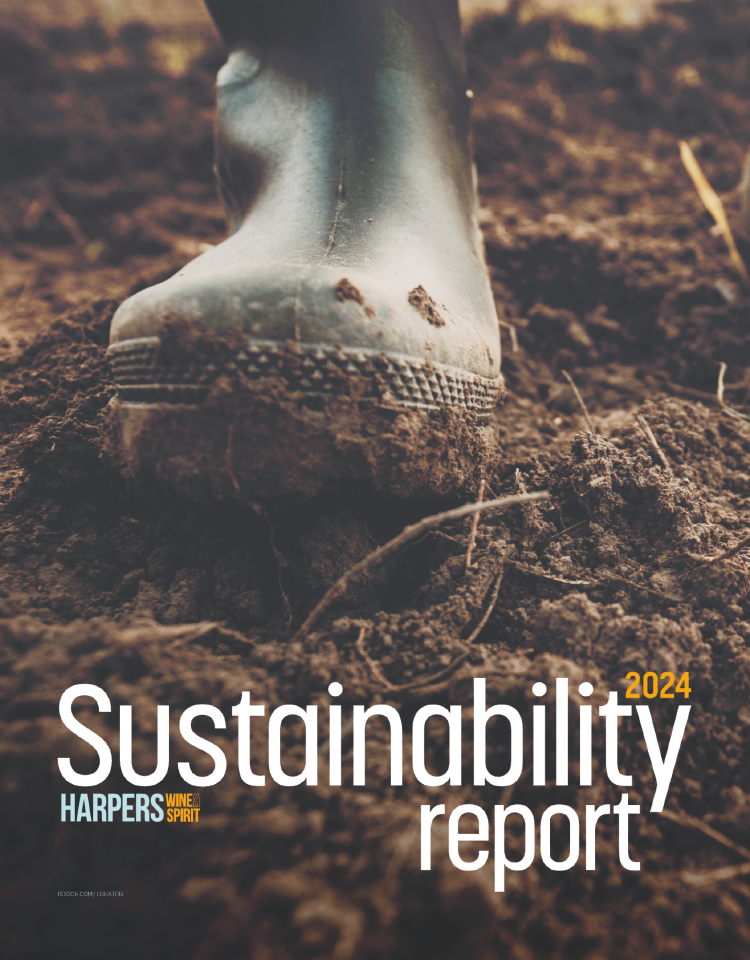
WSTA outlines industry requirements in General Election manifesto
The Wine & Spirit Trade Association (WSTA) this morning laid out its five key asks of the next government ahead of the upcoming General Election on 8th June.
In the manifesto, WSTA has called on all political parties to; provide certainty to business via a well-managed Brexit; the promotion of free-trade deals; addressing an excessive tax regime, support for tackling alcohol harm and an innovative industrial strategy.
All of the asks were central requirements for the UK’s wine and spirit industry, said chief executive, Miles Beale.
“Looking ahead, the industry faces uncertainty over Brexit and future trade with the EU, and a strict regulatory regime that places significant burdens on producers and retailers,” he said, but there were opportunities for the industry too, he added, pointing to the potential to continue the boom in British spirits exports and reach new export markets around the world.
“This snap General Election provides a vital opportunity for the UK's world leading wine and spirit industry and we need to communicate to new decision makers what has to be done to ensure that our industry can thrive in today’s new political, economic and social landscape,” said Beale.
WSTA would use the manifesto to help the incoming Members of Parliament “understand our business needs”, he said.
“Following our lead a new government can help our industry to continue to grow, innovate and contribute to the already significant £50bn worth of economic activity and our ground breaking work to reduce alcohol harm.”
WSTA Manifesto:
1. Provide certainty to business via a well-managed Brexit, including sufficient transitional arrangements; and continue to work towards frictionless, tariff free trade with the EU;
2. Promote free trade with non-EU countries, working with the WSTA to develop the best deal for the wine and spirit trade and to promote British produce around the world;
3. Rebalance the excessively high duty burden on UK businesses and consumers by pledging to revise plans to increase wine and spirit duty by 26% (£1.9bn) over 5 years;
4. Support proven approaches to reducing alcohol harm through partnership working and self-regulation; and agree to a moratorium on further regulation;
5. Support the Great British wine and spirit industry by promoting sector deals, under an innovative industrial strategy: for wine and spirits, for food and drink and for British hospitality.






